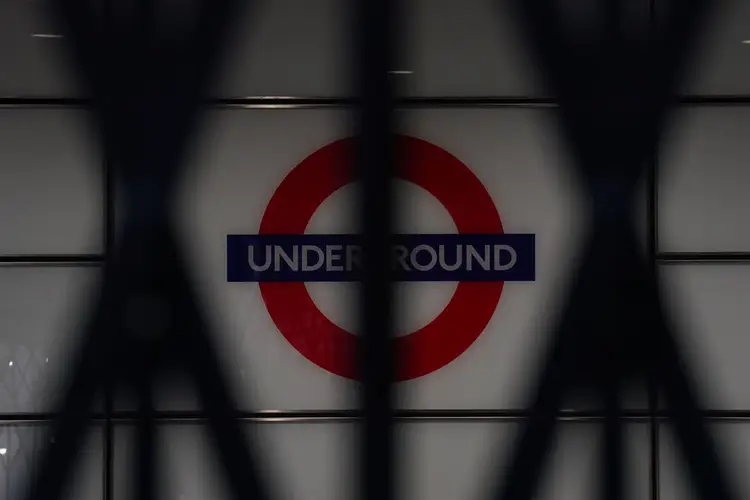The latest Tube strikes aren’t just disruptive – they’re dangerous

Weekly Highlights: Voices, Controversies, And Insights
Subscribe To Our Free Weekly Voices Newsletter!
Join Our Free Weekly Voices Newsletter!
I would love to receive emails regarding promotions, events, and news from The Independent. Please take a look at our privacy policy.
Anyone who has lived in London for a while understands that Tube strikes are an inherent aspect of life in the city, just like the London Underground.
Initially, we were informed that the most recent wave of strikes was canceled, with the exception of Thursday and, of course, Tuesday. Is anyone able to follow this? It's not surprising that as talks continue, public backing is fading—I personally have grown unsympathetic to the situation after over a decade in the city. It's quite a mess.
It's not just that it's incredibly frustrating – although it truly is a major hassle. It feels like ages ago, but before the pandemic (when everyone was required to be in the office every weekday and the concept of "working from home" didn't even come into play), I can clearly recall the struggle of cramming onto crowded buses early in the morning due to ongoing strikes. I have memories of the driver unexpectedly forcing everyone off far from where they needed to be, leaving hundreds of commuters to navigate through Oxford Street, pushing and shoving like fish swimming upstream.
Even though they occur less often these days (and are frequently at risk of being canceled), strike days still feel like a battleground. You need to gear up for the struggle even before your first cup of coffee; there's no space for mistakes or hesitation. It can be draining. For those on shift, the situation is even more challenging, as being late to work – or missing it altogether – can affect their pay.
However, it's not just about the hassle; there's a significant safety concern as well. The recent Tube strikes are not only disruptive; they also pose a threat. For women and children, especially teenage girls, finding themselves without a secure way to get home is a frightening and tangible risk, especially since the clocks changed last month.
One time, I found myself stuck at work for six hours trying to get home on a day when there was a strike—something that usually takes just thirty minutes. Out of the blue, the bus I was riding made an unexpected turn and ended up stopping in some industrial area I didn’t even know existed, leaving me completely stranded.
To add to my troubles, my phone was nearly out of battery, leaving me with just 2 percent to quickly look up different routes. Unfortunately, apps aren't very trustworthy in situations like these; they are just as clueless about what’s happening as I was. I found myself wandering for miles alone on a chilly, dark winter day.
I was fortunate to arrive home safely, but that hasn't been the case for me every time I've traveled around London. Many other women have had similar experiences as well.
The issue of women's safety in the capital gained significant attention following the tragic murders of Sarah Everard and Sabina Nessa in 2021. These horrific incidents brought our worries to the forefront and underscored the urgent need for reform.
At that time, an online petition was gaining traction, calling for the return of the Night Tube, and it received almost 200,000 signatures in support. Although the Underground now runs 24/7 on weekends, not all lines are operational, and some TfL employees are currently on strike due to the challenging hours associated with it. This has raised further questions about the sustainability of the initiative.
Taking a taxi isn't always a safe or practical option. In fact, in that same year, Transport for London (TfL) recorded 182 incidents of sexual assault and rape occurring in private hire vehicles. Additionally, relying on taxis can be quite costly, which tends to impact people from less affluent backgrounds more severely. For those who can't afford this extra cost, the only choice may be to walk home, putting their safety at risk.
I'm not opposed to striking as a concept. However, I do believe it's wrong to put innocent people – those who have no role in your working conditions – at risk and to cause them financial difficulties.



































































